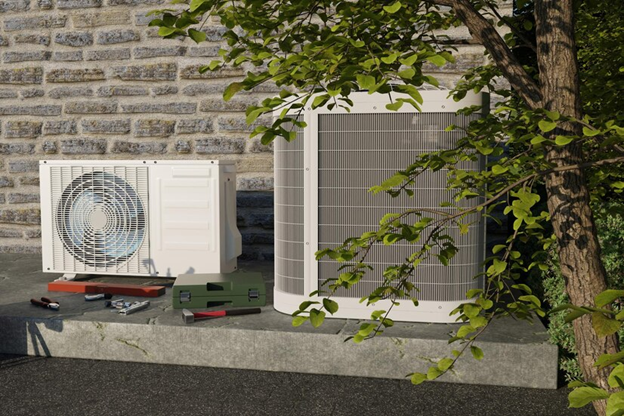In today’s world, where environmental consciousness is on the rise, businesses across various sectors are increasingly adopting eco-friendly practices. One area where such practices are gaining traction is in air conditioning and repair services. With the growing concern over climate change and the need to reduce carbon footprints, the air conditioning industry is undergoing a significant transformation towards sustainability. Let’s delve into some eco-friendly practices that are reshaping the way air conditioning systems are installed, maintained, and repaired.
Energy-Efficient HVAC Systems Installation
One of the primary steps towards eco-friendly air conditioning is the installation of energy-efficient HVAC (Heating, Ventilation, and Air Conditioning) systems. These systems are designed to consume less energy while providing optimal cooling or heating, thereby reducing overall energy consumption and greenhouse gas emissions. AC repair services that specialize in installing energy-efficient systems help homeowners and businesses lower their energy bills and minimize their environmental impact.
Regular Maintenance for Maximum Efficiency
Regular maintenance is key to ensuring the optimal performance of air conditioning systems. By scheduling periodic check-ups and tune-ups, AC repair technicians can identify and address any issues that may be affecting the efficiency of the system. Simple tasks such as cleaning or replacing air filters, checking refrigerant levels, and inspecting ductwork can significantly improve the system’s efficiency and reduce energy consumption. By promoting regular maintenance services, air conditioning companies contribute to prolonging the lifespan of HVAC systems and reducing the need for premature replacements.
Transition to Alternative Refrigerants
Traditional refrigerants used in air conditioning systems, such as hydrochlorofluorocarbons (HCFCs) and hydrofluorocarbons (HFCs), are known to contribute to ozone depletion and global warming. As a result, there is a global push towards phasing out these harmful substances in favor of more environmentally friendly alternatives. Professional ac repair services are increasingly transitioning to alternative refrigerants with lower global warming potentials (GWPs), such as hydrofluoroolefins (HFOs) and hydrocarbons (HCs). By making this transition, air conditioning companies play a vital role in mitigating the environmental impact of HVAC systems.
Eco-Friendly Refrigerant Recovery and Recycling
Proper handling of refrigerants is essential to prevent their release into the atmosphere, where they can contribute to ozone depletion and climate change. AC repair services are adopting eco-friendly practices for refrigerant recovery and recycling to minimize environmental harm. Technicians are trained to safely recover refrigerants from old or malfunctioning systems and recycle them for reuse or disposal. By implementing responsible refrigerant management practices, air conditioning companies help protect the environment and comply with regulations aimed at reducing greenhouse gas emissions.
Embracing Solar-Powered Air Conditioning
Solar-powered air conditioning systems offer a sustainable alternative to conventional AC units by harnessing the power of the sun to generate electricity. These systems utilize photovoltaic (PV) panels to convert solar energy into electrical power, which is then used to operate the air conditioning unit. By harnessing renewable energy sources, solar-powered air conditioning systems reduce reliance on fossil fuels and lower carbon emissions. AC repair services specializing in solar-powered HVAC systems installation and maintenance contribute to promoting clean energy solutions and reducing environmental impact.
Eco-friendly practices in air conditioning and repair services are essential for reducing environmental impact and promoting sustainability. From the installation of energy-efficient HVAC systems to the adoption of alternative refrigerants and the promotion of smart thermostat integration, air conditioning companies are embracing innovative solutions to minimize carbon emissions and protect the planet. By prioritizing eco-friendly practices and promoting environmental stewardship, the air conditioning industry can play a significant role in mitigating climate change and creating a more sustainable future for generations to come.


